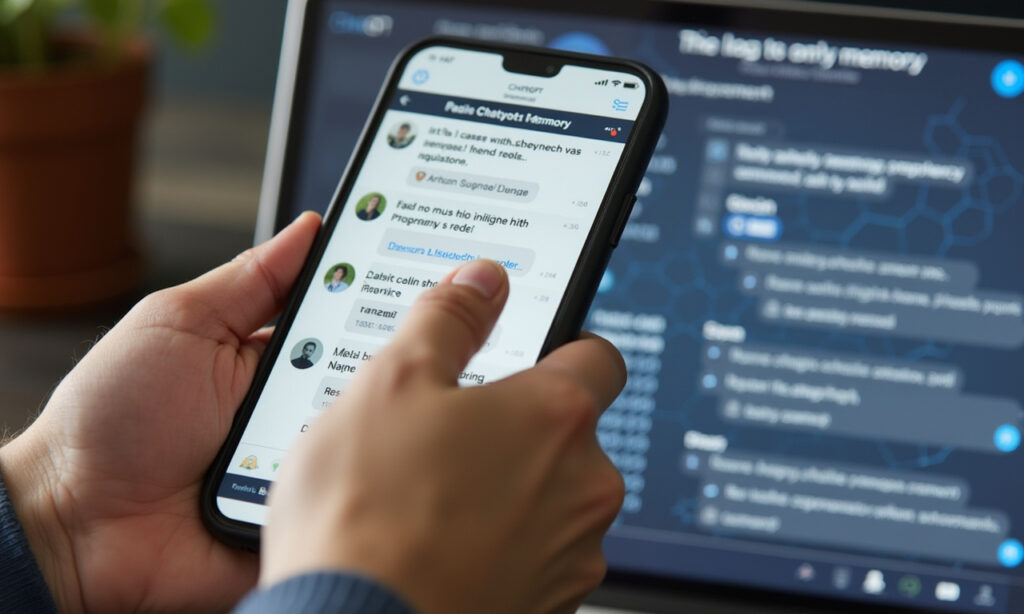In a significant update, OpenAI has enhanced ChatGPT’s capabilities to remember and reference users’ past conversations, making interactions more personalized and efficient.
A Smarter Memory Feature
OpenAI’s latest update introduces a new memory feature that allows ChatGPT to recall and use information from previous chats. This enhancement is designed to make conversations with the AI more fluid and personal, eliminating the need for users to repeat basic information in every chat. The feature is now available for ChatGPT Pro and Plus subscribers, although it is not yet accessible in the U.K., EU, Iceland, Liechtenstein, Norway, and Switzerland due to the need for additional regulatory reviews[1][2][3].
How the New Memory Feature Works
The new memory feature integrates seamlessly with ChatGPT’s existing capabilities, including text, voice, and image generation. When you chat with ChatGPT, it will update its memory with relevant details and preferences, allowing it to provide more contextually relevant responses. For example, if you mention that you are vegetarian, ChatGPT will remember this and adjust its recommendations accordingly in future conversations[3].
User Control and Privacy
Users have full control over the memory feature. It can be turned on or off in the ChatGPT settings under the “Personalization” section. Additionally, users can manage specific saved memories, delete individual memories, or clear all memories if needed. For those who prefer not to use the memory feature at all, there is an option to switch to a “Temporary Chat” that won’t save any memories[1][2][3].
Managing Memories
To view or clear memories, users can navigate to the “Manage” option in the settings. Here, they can see all saved memories and delete them individually or clear all memories at once. Users can also ask ChatGPT what it remembers and instruct it to forget specific memories conversationally[3].
Practical Applications
The enhanced memory feature has several practical applications that can significantly improve user experience. Here are a few examples:
- Personalized Recommendations: If you share your favorite types of cuisine or hobbies with ChatGPT, it can provide more tailored recommendations in the future.
- Efficient Conversations: By remembering previous conversations, ChatGPT can skip redundant questions and provide more relevant responses, saving users time and effort.
- Complex Tasks: For users working on long-term projects or complex tasks, the memory feature can help ChatGPT retain context and provide consistent support across multiple sessions[2].
Compatibility and Availability
The new memory feature is currently rolling out to ChatGPT Pro and Plus subscribers. However, free users will have to wait until OpenAI expands the feature to other tiers. It’s worth noting that college students can currently access a free ChatGPT Plus subscription until the end of May 2025, which might be a good opportunity to try out the new feature[1].
Image Generation and Other Updates
While the memory feature is a significant update, it’s not the only new capability OpenAI has introduced. The new ChatGPT image generator, powered by GPT-4o, is now available for all users and has shown impressive results in generating high-quality images. This feature has already gained popularity for creating art in various styles, including a viral Studio Ghibli look[4].
In conclusion, the enhanced memory feature in ChatGPT marks a significant step towards transforming the AI chatbot into a more personal and efficient assistant. With its ability to recall and use information from past conversations, ChatGPT is set to provide more relevant and personalized responses, making it an indispensable tool for a wide range of tasks and projects.
